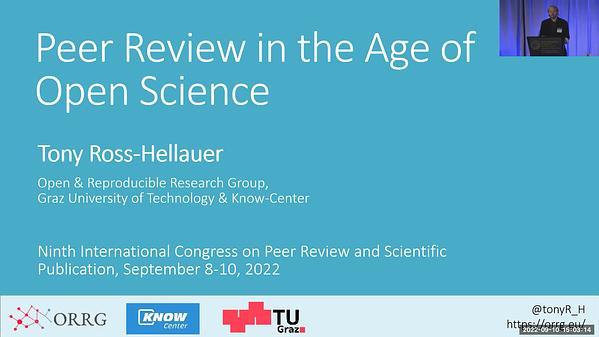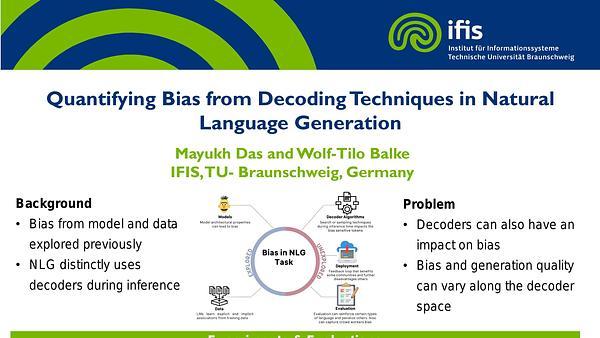Would you like to see your presentation here, made available to a global audience of researchers?
Add your own presentation or have us affordably record your next conference.
keywords:
quality of trials
misinformation and disinformation
publication
bias
Objective Because randomized clinical trials (RCTs) inform clinical guidelines and can directly influence patient care, it is important to ensure that the data behind their conclusions are trustworthy. We aimed to develop a checklist to screen RCTs for possible data fabrication at submission or prior to inclusion in meta-analyses.
Design The development of this screening tool was adapted from the 4-stage approach proposed by Moher et al1 for reporting guidelines, including defining the scope, reviewing the evidence base, suggesting a list of items from piloting, and holding a consensus meeting as part of a Delphi method. The initial checklist was set up by a smaller core group based on the authors’ experience assessing problematic RCTs for several years. The checklist was then piloted in a Delphi panel of 20 stakeholders, including clinicians, reviewers, journal editors, and evidence synthesis specialists. Using a set of 15 articles, 8 of which were known to have fabricated data, each member was asked to score 3 articles with the checklist. Results were then discussed in 2 Delphi sessions.
Results The screening checklist had 7 domains and is detailed in Table 48. The group proposed that a positive screen be defined by 2 or more items present.

Conclusions This is the first checklist developed in a formal process to detect possible data fabrication in RCTs. If a study is assessed and found to be suspicious, reviewers can consider a more thorough investigation into the data integrity issues identified, including assessment of original data. This checklist may help editors, publishers, and researchers to screen for data fabrication in RCTs in an objective manner.
Reference 1. Moher D, Schulz KF, Simera I, Altman DG. Guidance for developers of health research reporting guidelines. PLOS Medicine. 2010;7(2):e1000217. doi.org/10.1371/journal. pmed.1000217
Conflict of Interest Disclosures Ben W. Mol is supported by the National Health and Medical Research Council (grant GNT1176437), reports consultancy for ObsEva and Merck, and receives travel support from Merck. No other disclosures were reported.


